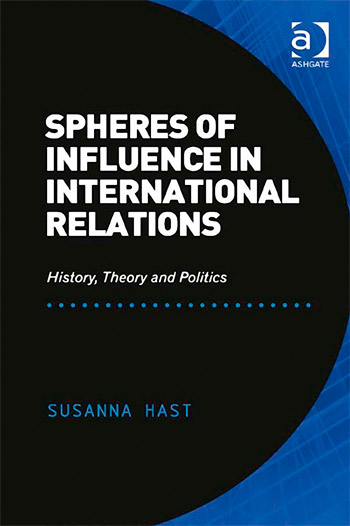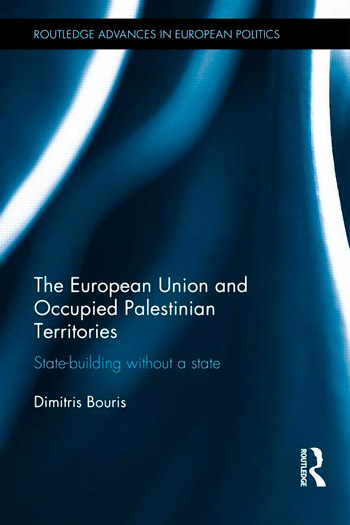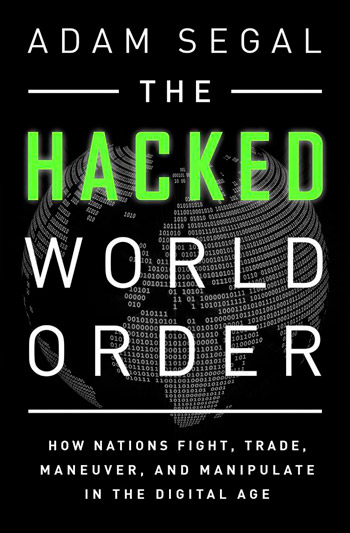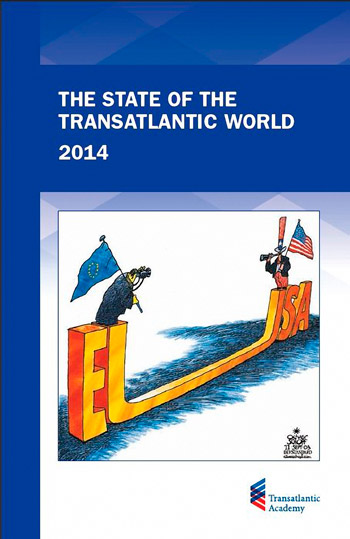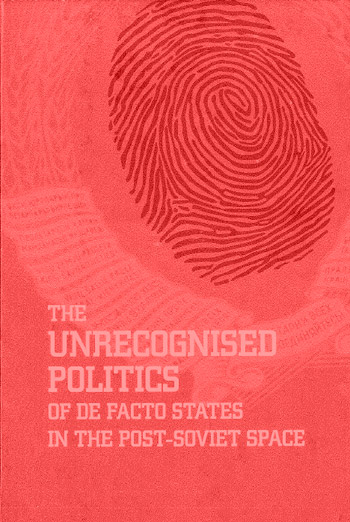Внутренняя политика России и международная политика
Онлайн библиотека книг, статей, докладов, документов
Current events happening around the world, especially the ‘humanitarian interventions’ by NATO and the West within the context of the so-called Arab Spring, make the understanding of the role of spheres of influence in international politics absolutely critical. Hast explores the practical implications and applications of this theory, challenging the concept by using historical examples such as suzerainty and colonialism, as well as the emergence of a hierarchical international order. This study further connects the English School tradition, post-war international order, the Cold War and images of Russia with the concept of the sphere of influence to initiate debate and provide a fresh outlook on a concept which has little recent attention.
The Aspen Strategy Group’s Policy Books is an annual series of pieces written by contemporary thought leaders on the most pressing U.S. foreign policy and national security issues. This edition is a collection of papers commissioned for the 2014 Aspen Strategy Group Summer Workshop, in Aspen, Colorado. On the occasion of the 30th anniversary of the Aspen Strategy Group (founded in 1984), the summer workshop convened a nonpartisan group of preeminent U.S.-Russia policy experts, academics, journalists, and business leaders. The group’s policy discussions were guided by the papers in this volume, whose scope encompasses the history of the U.S.-Russia relationship, current developments in the Sino-Russian relationship, NATO and European responses to Russian aggression in Eastern Europe, energy considerations, areas of potential U.S.-Russia cooperation, and the broader question of U.S. national security and interests in the European region.
The 2015 Earth Security Index provides a strategic analysis of sustainability risks for resources that are of geo-political significance. The report offers a data driven dashboard for multi-national companies, governments and civil society to navigate a complex web of resource risks. It also provides seven strategic blueprints that translate complexity into specific actions, aimed at strengthening cross border cooperation and building resilience. For key commodities, from oil and gas to rice and cocoa, the report’s conclusions demonstrate the need for the risk analyses that are routinely conducted by governments and companies to develop a more integrated view of sustainability pressures. The report’s blueprints highlight win-win opportunities for innovation in sustainable technologies, infrastructures, business models and policies. These solutions can help companies and governments build resilience to the political and economic risks associated with resource pressures.
This book analyses the present European Union (EU) approach to state-building, both in policy and operation. It offers a review of the literature on peace-building, EU state-building and conflict resolution, before examining in detail the EU’s role as a state-builder in the case of the Occupied Palestinian Territories following the 1993 Oslo Accords.
With the American withdrawal from Iraq and the imminent drawdown of the majority of American and NATO ground forces from Afghanistan, the U.S. is bringing to a close the longest and most intensive period of combat in our history. Coupled with the challenges of the budget crisis and political dysfunction in Washington, D.C., this is also a time of tough and consequential choices for the defense budget. This volume includes the principal essays and policy papers prepared for the Aspen Strategy Group’s discussions in Aspen. We hope they will help readers here in the U.S. and around the world reflect on the hard choices and difficult trade-offs we must make in the years ahead to maintain the quality and effectiveness of the U.S. military.
In The Hacked World Order, CFR Senior Fellow Adam Segal shows how governments use the web to wage war and spy on, coerce, and damage each other. Israel is intent on derailing the Iranian nuclear weapons program. India wants to prevent Pakistani terrorists from using their Blackberries to coordinate attacks. Brazil has plans to lay new fiber cables and develop satellite links so its Internet traffic no longer has to pass through Miami. China does not want to be dependent on the West for its technology needs. These new digital conflicts pose no physical threat—no one has ever died from a cyberattack—but they serve to both threaten and defend the integrity of complex systems like power grids, financial institutions, and security networks.
The Limits of Partnership offers a riveting narrative on U.S.-Russian relations since the Soviet collapse and on the challenges ahead. It reflects the unique perspective of an insider who is also recognized as a leading expert on this troubled relationship. American presidents have repeatedly attempted to forge a strong and productive partnership only to be held hostage to the deep mistrust born of the Cold War. For the United States, Russia remains a priority because of its nuclear weapons arsenal, its strategic location bordering Europe and Asia, and its ability to support--or thwart--American interests. Why has it been so difficult to move the relationship forward? What are the prospects for doing so in the future? Is the effort doomed to fail again and again?
On April 1, 2014 the Transatlantic Academy published its first edition of "The State of the Transatlantic World." This annual publication includes essays by 31 current and former Transatlantic Academy fellows representing each of our six thematic years and covers topics from the Snowden affair’s impact on U.S.-German relations to Turkey’s present turbulence to the changing energy environment in the transatlantic community to the crisis in Ukraine. It is aimed to give the reader not only a sense of what of significance occurred in the transatlantic world in 2013, but also what we should be looking for in 2014.
Не каждую академическую конференцию венчает достойный сборник материалов. В исключительных случаях такой сборник оказывается прекрасной коллективной монографией. «Непризнанная политика де-факто государств на постсоветском пространстве» (The Unrecognized Politics of De Facto States in the Post-Soviet Space) и есть тот самый исключительный случай. Формально это сборник докладов, прочитанных на конференции в Армении, которая была организована в сентябре 2014 г. Институтом Кавказа и Академической швейцарской кавказской сетью (Academic Swiss Caucasus Net). По сути же это подробное и концептуальное коллективное исследование феномена де-факто государств на постсоветском пространстве.

